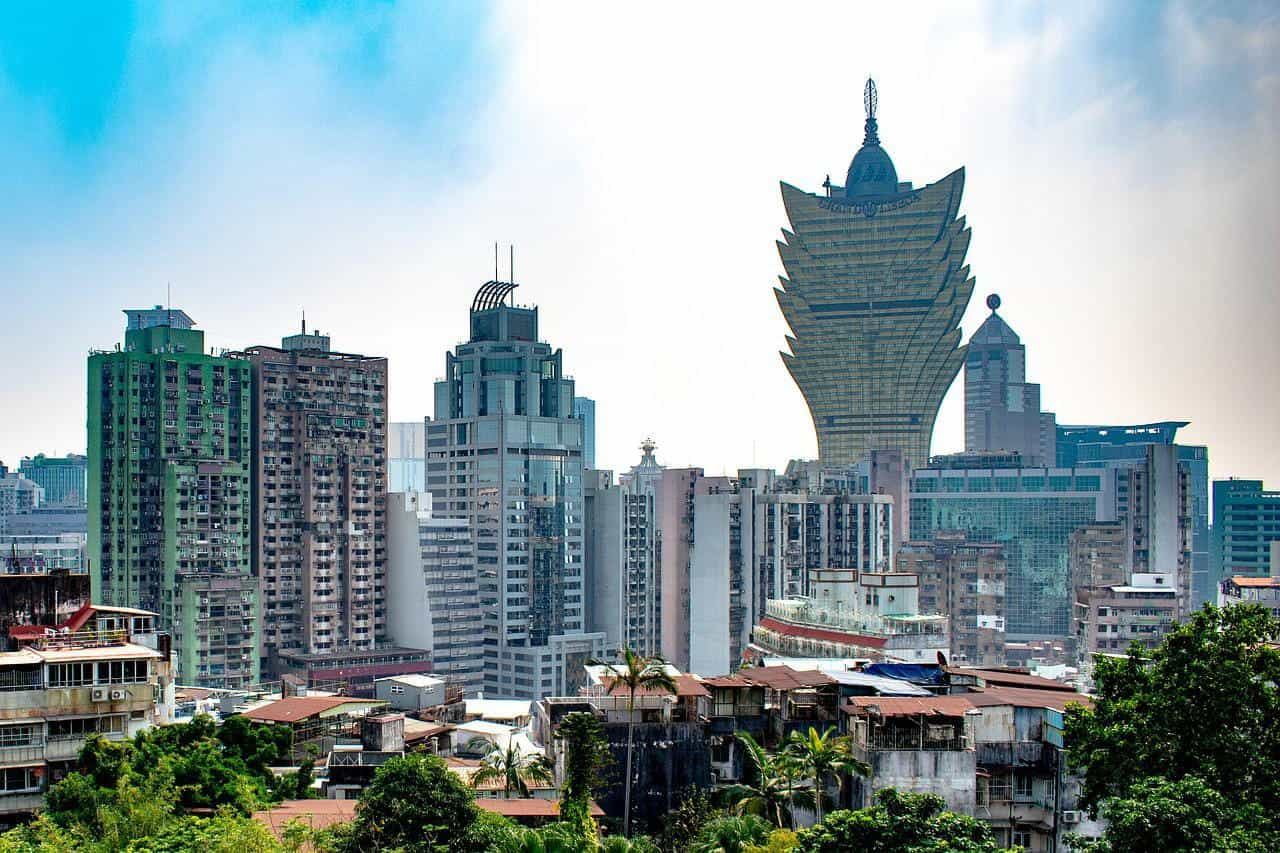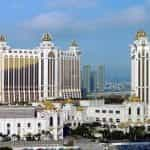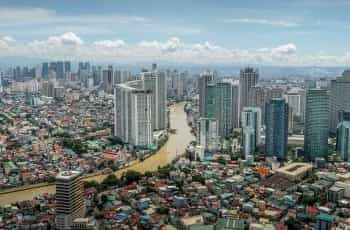Macau’s 18-Year Run is Starting to Falter
Is it over for Macau? The world’s most glamourous gambling capital of the world is facing its most difficult test, under new laws and a bad macro-outlook the future is uncertain. The bleakness of the future outlook for Macau has been a stark topic of realisation of the previous 12 months, as international investors begin to feel the damage of regulatory tightening, a global pandemic, and the worse macro-outlook for an entire generation manifesting in the lowest demand for gambling products in the entire lifetime of the city.

Macau has become the epicentre of luxury gambling over the past two decades, but since the pandemic a major correction is causing the once predominate casino city to falter.
©8268513/Pixabay
Some are already claiming that Macau’s run is over, after 18 years as the world’s epicentre of luxury gambling experiences, it appears that the dream may well and truly be over. For the foreseeable future it appears to be highly unlikely that Macau or any of its associated revenue streams across the gambling sector are going to achieve the growth targets necessary for survival. So what all went wrong for the city that became the playground for billionaires? Right now, it seems a far stretch to presume there is a way things can turn-around and venture back towards the days of profitability.
It’s been an incredible journey for one of the world’s most extravagant and magical cities – a curious place that has been built atop of the old Portuguese fishing port, the brainchild of the late Stanley Ho, an innovative visionary who saw the opportunity to leverage the city’s unique domicile status to build a gambling empire that would build himself a multi-billion dollar fortune. The Ho legacy is intrinsically tied to Macau, and it continues to disseminate through the businesses controlled by his children, most prominently Lawrence Ho.
Across the timeline of the rise of Macau, a number of themes permeate through the years. That is the penchant for wealthy Asian gamblers to adopt Macau as their city of choice. And most importantly, the level of discretion that has been afforded to clients at every layer of the value chain. Whether it be a wealthy client looking to play with cash trouble-free, or a foreign investor raising money through a SPAC. All of these actions were enabled through the culture that Macau nurtured. So what happened to the city, and how was it’s incredible momentum stunted?
No Return to Normal for Macao
For the past 2.5 years we’ve been hearing consistently that Macau is coming back to normality, with the COVID pandemic often cites as the root cause of the current downturn in demand. Whenever this question gets asked, there is usually a range of answers that are offered in return, ranging from next quarter, to within the next three years. What started as a slump in gross gaming revenues with a fast anticipated bounce-back, has become a multi-year liquidation of the world’s biggest economy.
The wishful optimism has quickly transformed into fear and paranoia, with many of those invested in the Macau gambling industry now accepting the harsh reality that the economic problems plaguing the sector have no end in sight. Last year in the height of the pandemic the CEO of Macau’s gambling sector predicted that gross gaming revenues would soar back to pre-pandemic levels by mid-2022, it appears he has been way off the mark and by the time this statement has manifested the industry won’t have made even half of that amount back. If the institution with the most insights into the inner-workings of the city can’t predict what will happen over the short and medium term, then it doesn’t seem likely that anyone else will be able to work it out either. There is a number of fundamental difficulties that prevent the sector from reaching its growth potential, but over the course of the next two-to-three quarters, the fundamentals of gambling demand in Asia are going to be truly tested and re-tested.
Debt in the city is rising, and the number of half-finished construction projects is an absolute testament to the difficulty in the city’s financial setup. Under this pretext it is clear why casino bosses have to keep up appearances, becoming the biggest supporters of the sector in order not to devalue the cash position of the firms. Whether Macau can eventually reclaim its crown will remain to be seen, and will likely become apparent by the final quarter of the year.



